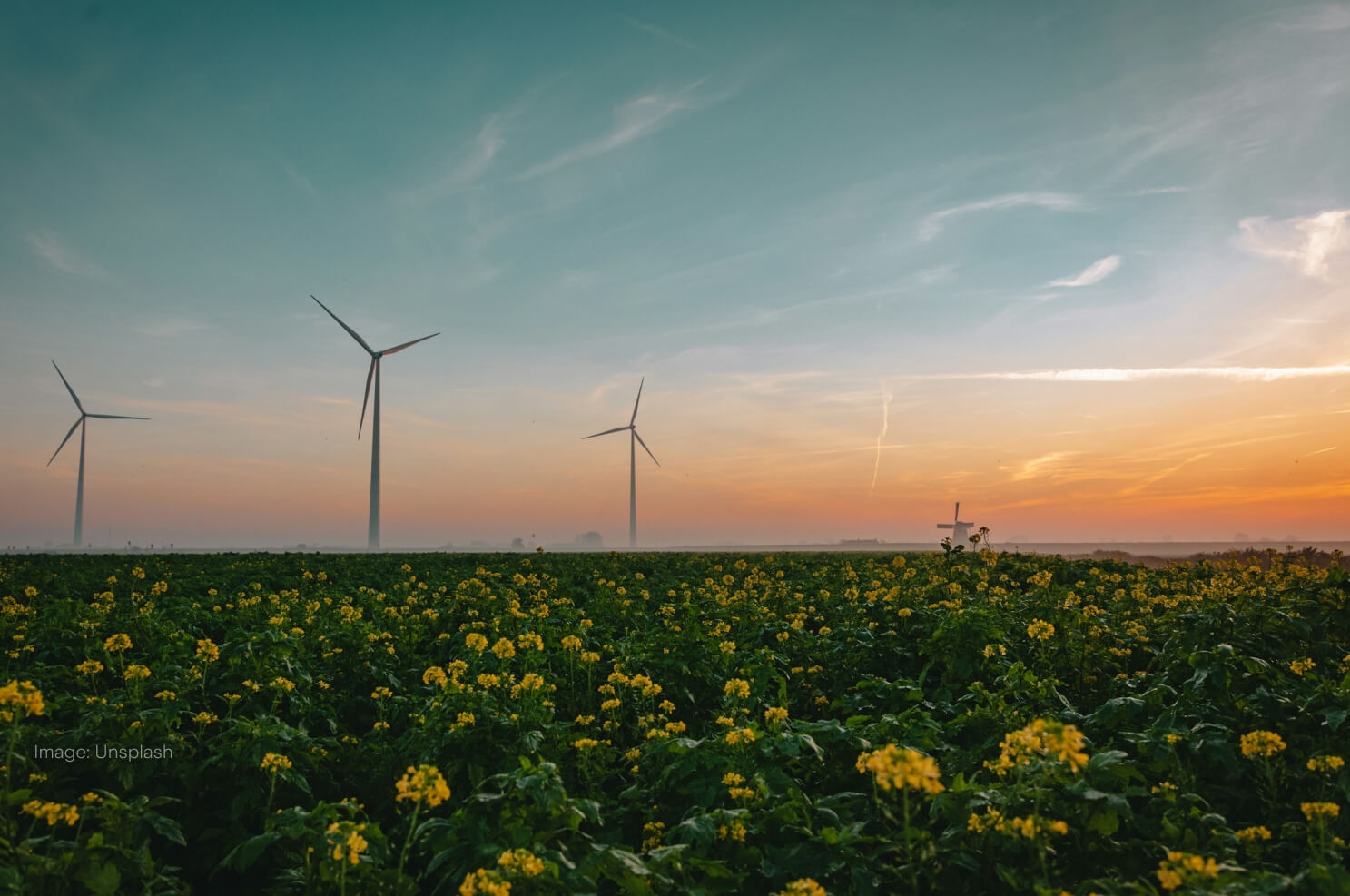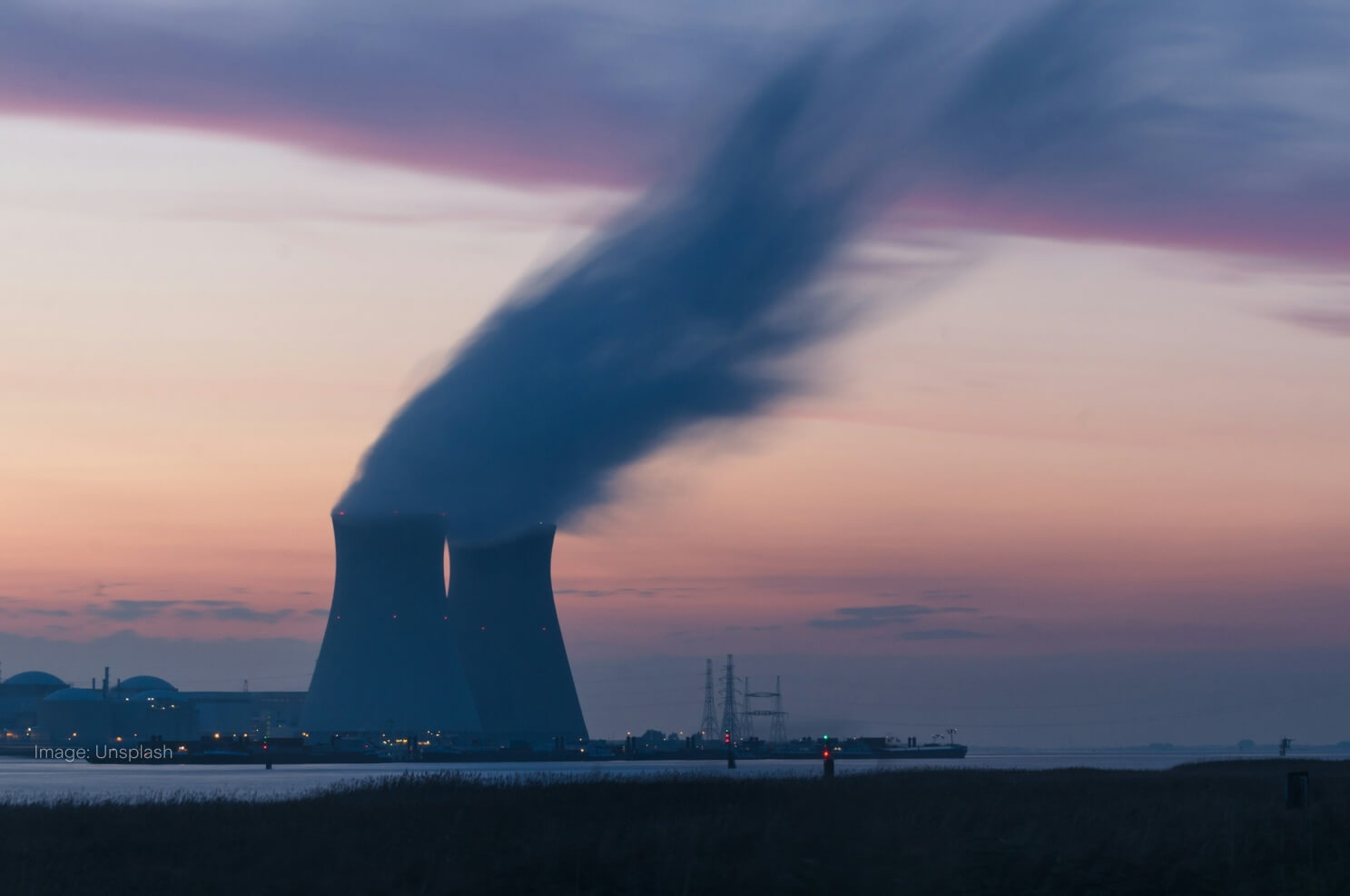
Are these the best renewable energy stocks on the ASX? [2025]
The clean energy revolution is underway, with renewables set to provide nearly half of all global electricity generation by 2030. For exposure to renewable energy growth, consider these ten clean energy companies on the ASX.
Watch these ASX-listed renewable energy companies
Company Name | Ticker | Share Price | 1Y Return | Market Capitalisation |
|---|---|---|---|---|
Fortescue Ltd | $19.22 | -28.23% | $59.64b | |
Origin Energy Limited | $11.55 | +37.48% | $19.21b | |
Infratil Limited | $10.70 | +14.32% | $10.45b | |
AGL Energy Limited | $11.72 | +31.24% | $7.88b | |
Mercury NZ Limited | $5.38 | -14.60% | $7.65b | |
Meridian Energy Limited | $5.25 | +1.94% | $6.89b | |
IGO Limited | $5.32 | -28.69% | $4.03b | |
Sims Limited | $13.37 | -1.40% | $2.58b | |
Contact Energy Limited | $8.10 | +7.28% | $2.3b |
Data as of 17 January 2025. Source: Stake, ASX, Google Finance.
*The list of renewable energy stocks mentioned is ranked by market capitalisation. When deciding what companies to feature, we analyse the company's financials, recent news, advancement in their timeline, and whether or not they are actively traded on Stake.
Get started with Stake
Sign up to Stake and join 750K investors accessing the ASX & Wall St all in one place.
Dive into these ASX green energy stocks
1. Fortescue Ltd ($FMG)
- 15,277 Stake customers watching
- 30,844 orders executed on Stake
Fortescue is a diversified metals and mining company. The Australia-based firm is best-known for being one of the world’s leading iron ore producers, but the company also has a growing division focused on green energy projects.
Fortescue Energy’s primary focus is on a relatively novel form of energy known as green hydrogen. While hydrogen itself is not a renewable resource, it is a clean energy source that can be produced by using renewables like solar or wind. While the economics of hydrogen are still uncertain, the element’s abundance makes it an intriguing potential solution for green energy generation.
Investors should be aware that Fortescue’s legacy operations will likely continue dominating the bottom line for years to come. Still, the company could be a way to back the development of a high-potential green energy source. Although FMG shares are up sharply this year, analysts are not optimistic about the firm’s future, with sales forecast to fall from $24.3 billion to $23 billion between 2025 and 2027.
💡Related: Fortescue is also featured in our list of Australian hydrogen companies
2. Origin Energy Limited ($ORG)
- 2,604 Stake customers watching
- 2,838 orders executed on Stake
Origin Energy is Australia’s largest energy retailer, providing power to over 4.2 million customers. The company’s shares have performed well over the past year, and currently trade at a PE ratio of 13.76.
As a diversified energy company, Origin has significant fossil fuel operations, including Australia’s largest coal-fired power station. With that said, the company is actively moving toward renewable energy. Origin has a net zero by 2050 commitment and has invested substantial sums in renewable energy retailers like Octopus Energy.
Analysts expect Origin to grow modestly in the next few years, with sales forecast to climb from $16.2 billion in 2025 to $16.6 billion in 2027. While shareholders rejected a 2022 takeover offer, rumours have circulated about a renewed merger or acquisition deal.
3. Infratil Limited ($IFT)
- 587 Stake customers watching
- 928 orders executed on Stake
Infratil is an infrastructure investment company based in New Zealand. Although the company is not exclusively focused on renewable energy, they do have sizable investments in the space, accounting for about 20% of Infratil’s overall portfolio.[2]
Currently, Infratil’s largest energy investments include solar and wind developers based in Europe and Australia. In addition to these holdings, Infratil also has extensive investments in digital infrastructure, healthcare, and airports.
Infratil’s shares have demonstrated strong growth over the past few years and currently trade at a forward PE ratio of 41x. Analysts forecast sales to grow from $3.2 billion in 2025 to $3.3 billion in 2027. While Infratil could be a compelling choice for renewables-focused investors, non-energy holdings will likely remain the bulk of their investment portfolio.
4. AGL Energy Limited ($AGL)
- 3,719 Stake customers watching
- 5,195 orders executed on Stake
AGL Energy is one of Australia’s largest energy generators, comprising about 20% of the country’s power generation capacity. Besides its energy business, the company also offers internet and mobile phone plans through its Customer Markets segment.
Today, AGL Energy is one of Australia’s biggest users of fossil fuels, with approximately 83% of the company’s energy generation coming from coal.[3] By 2035, the company aims to shut down all of its coal-fired plants, having already decommissioned Liddell Power Station in 2023.
AGL is also notable for its acquisitions in the renewable space, having purchased Firm Power in 2024, one of Australia’s leading battery and solar firms. The company currently trades at a trailing PE ratio of 10.2x. Analysts expect steady growth as AGL makes the energy transition, with sales forecast to grow from $13.5 billion in 2025 to $13.8 billion in 2027.
5. Mercury NZ Limited ($MCY)
- 400 Stake customers watching
- 290 orders executed on Stake
Mercury Energy, like its sister company Meridian, is a leading New Zealand energy company co-owned by the New Zealand government. Mercury also produces electricity using 100% renewable energy, including hydroelectric, geothermal and wind turbines.
In addition to electricity generation, Mercury offers piped and liquid natural gas to customers, and operates mobile and broadband services. In 2022, Mercury acquired Trustpower’s retail business to expand their utilities offerings.
Mercury shares have declined by about 13.81% over the past 12 months and trade at a trailing PE ratio of 27.2x. Analysts expect sales to remain roughly level over the next few years, with revenue forecast to hit $3.3 billion by 2027.
6. Meridian Energy Limited ($MEZ)
- 589 Stake customers watching
- 427 orders executed on Stake
Meridian is one of New Zealand’s largest power generators, producing over a third of the country’s electricity. The company is a case study in renewable energy leadership, producing 100% of their electricity from renewable sources like hydro and wind.
In addition to their existing plants, Meridian is also actively engaged in building new solar arrays, wind farms, and battery storage facilities.[1] Investors should be aware, however, that the New Zealand government remains a 51% shareholder in this formerly state-owned enterprise. Thus, public interest could have significant sway over the company’s future path.
Despite Meridian’s leadership in the renewables space, analysts are anticipating negligible growth over the next few years, with sales expected to remain at about $4.2 billion until 2027. Shares have gained 5.53% over the last 12 months.
7. IGO Limited ($IGO)
- 2,502 Stake customers watching
- 5,328 orders executed on Stake
IGO Limited is not a traditional energy company, but rather a metals and mining firm. IGO’s largest interests are in lithium and nickel, two critical minerals for the renewable energy transition.
The most dominant form of energy storage today remains lithium-ion batteries, which have a superior cost-to-energy density ratio than competing technologies. Respectively, nickel and lithium make up approximately 16% and 3% of the minerals needed to manufacture these batteries.
Unfortunately, repeated failures to meet earnings expectations have pummelled IGO’s share price in recent years. Analyst forecasts show sales falling from $480 million in 2025 to just $177 million in 2027. There are some new projects on the way, including a recently announced copper joint venture that could portend a turnaround.
8. Sims Limited ($SGM)
- 353 Stake customers watching
- 655 orders executed on Stake
A relatively unique business, Sims is an environmental services firm, facilitating the recycling and renewal of industrial and electronic waste. While Sims is not a renewable energy firm in the traditional sense, they are a leader in the sustainability ecosystem.
Sims focuses on end-of-life and recycling solutions for consumer and business goods, offering a second life to resources like metal and chemicals that would otherwise be wasted. In line with its sustainability-focused mission, the company has also set ambitious climate goals, including 100% renewable electricity by 2025 and carbon neutrality by 2030.
Despite growth in the sustainability sector, Sims shares have declined over the past year. The company currently trades at a forward PE ratio of 28.3x. Between 2025 and 2027, analysts expect sales to rise by about $150 million to $7.6 billion.
9. Contact Energy Limited ($CEN)
- 147 Stake customers watching
- 83 orders executed on Stake
Contact Energy is another of New Zealand’s energy providers, serving as the country’s second-largest electricity generator. Although Contact is not exclusively reliant on renewable energy sources, less than 10% of the company’s electricity generation comes from fossil fuels.
Contact is also distinct from New Zealand’s other energy providers in that it is solely owned by private investors. Thanks to the absence of a government stake, Contact may have more flexibility in maximising shareholder value rather than navigating political constraints.
The company has been investing heavily in renewables, especially geothermal plants. Contact has also proposed a takeover of Manawa, a smaller renewable rival, which has been delayed in December 2024 and being further evaluated by regulatory authorities.[4] The company’s shares currently trade at a trailing PE ratio of 30.2x and sales are expected to dip slightly to $2.9 billion by 2027.
How to invest in renewable energy in Australia?
The main way to invest in renewable energy companies is through shares listed on the ASX, using an online investment platform. Follow our step by step guide below:
1. Find a stock investing platform
To buy clean energy stocks on the ASX, you'll need to sign up to an investing platform with access to the Aussie stock market. There are several share investing platforms available, of which Stake is one.
2. Fund your account
Open an account by completing an application with your personal and financial details. Fund your account with a bank transfer, debit card or even Apple/Google Pay.
3. Search for the company or ticker symbol
Find the company name or ticker symbol. It is advised to conduct your own research to ensure you are purchasing the right investment product for your individual circumstances.
4. Set a market or limit order and buy the shares
Buy on any trading day using a market order, or a limit order to delay your purchase of the asset until it reaches your desired price. You may wish to look into dollar cost averaging to spread out your risk, which smooths out buying at consistent intervals.
5. Monitor your investment
Once you own the stock, you should monitor its performance. Check your portfolio regularly to ensure your investment is aligning with your financial goals.
What renewable energy ETFs are on the ASX?
The ASX is home to several ETFs focused on renewable energy, including:
- VanEck Global Clean Energy ETF ($CLNE): This fund aims to offer investors access to a diversified mix of companies involved in clean energy production and technology. CLNE has a 0.65% expense ratio and $61 million in AUM.
- Betashares Climate Change Innovation ETF ($ERTH): ERTH focuses on companies tackling climate change, including renewable energy firms. The fund has a 0.65% total expense ratio and $97 million in AUM.
- Global X Battery Tech and Lithium ETF ($ACDC): This ETF offers access to companies facilitating the energy transition through advanced battery technology. ACDC has an expense ratio of 0.69% and total assets of $501 million.
🔋Related: 10 Nuclear power stocks to watch
🔋Related: Nuclear power ETFs to watch right now
Is renewable energy a good investment?
Whether renewable energy is a good investment depends on your investment goals and motivations. While renewable energy is forecast to become a significantly larger part of the global energy mix over the next several decades, this transition could come with disruption and volatility in energy stocks. For investors comfortable with the risks involved, acquiring renewable energy stocks could offer a way to invest in the energy transition and back companies tackling an important global issue.
Disclaimer
This does not constitute financial product advice nor a recommendation to invest in the securities listed. Past performance is not a reliable indicator of future performance. When you invest, your capital is at risk. You should consider your own investment objectives, financial situation, particular needs. The value of your investments can go down as well as up and you may receive back less than your original investment. As always, do your own research and consider seeking appropriate financial advice before investing.
Any advice provided by Stake is of general nature only and does not take into account your specific circumstances. Trading and volume data from the Stake investing platform for reference purposes only, the investment choices of others may not be appropriate for your needs and is not a reliable indicator of performance.
Our $3 applies to trades up to $30k in value (USD for Wall St trades and AUD for ASX trades). Please refer to hellostake.com/pricing for other fees that apply.
Article sources
[1] Meridian Energy new projects
[2] Infratil Investor Day 2024 - Portfolio Update
[3] Green Electricity Guide by Greenpeace Australia
[4] Contact's proposed $2b takeover of Manawa Energy delayed



